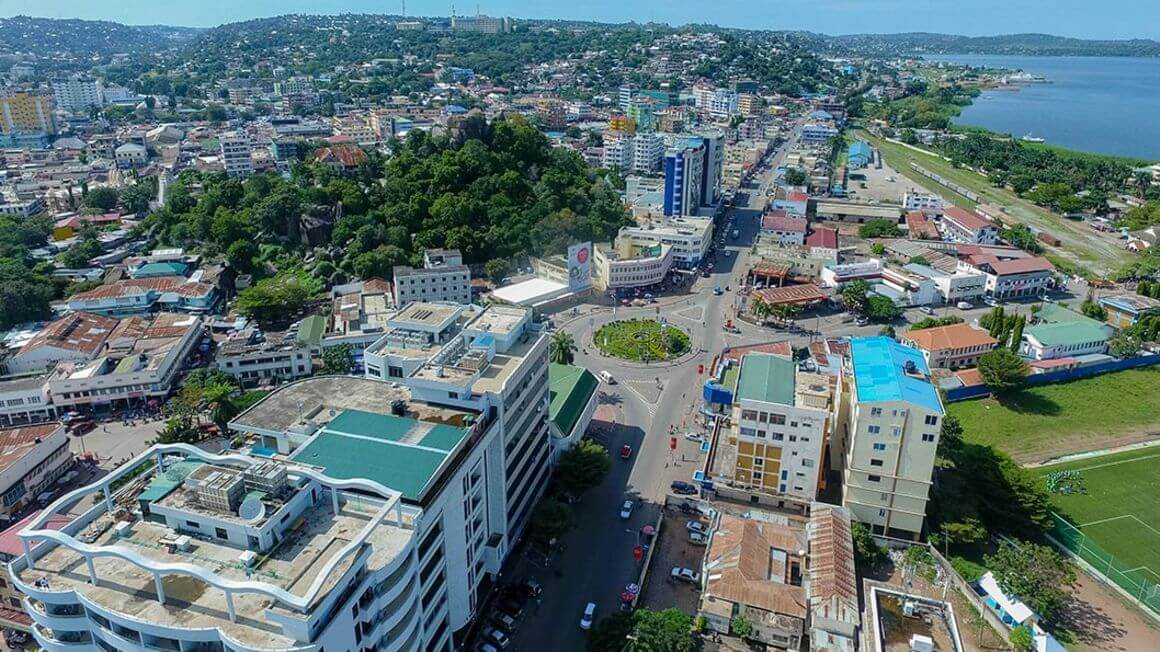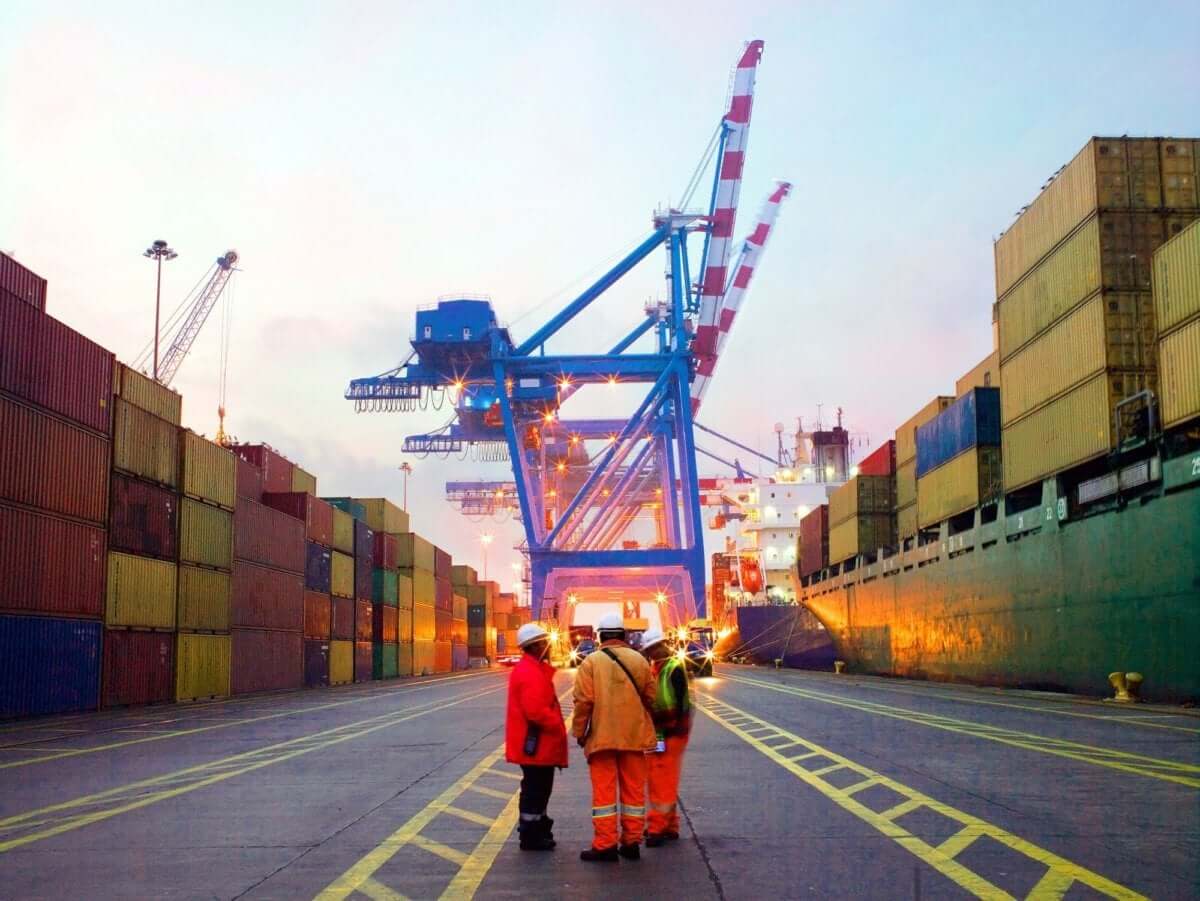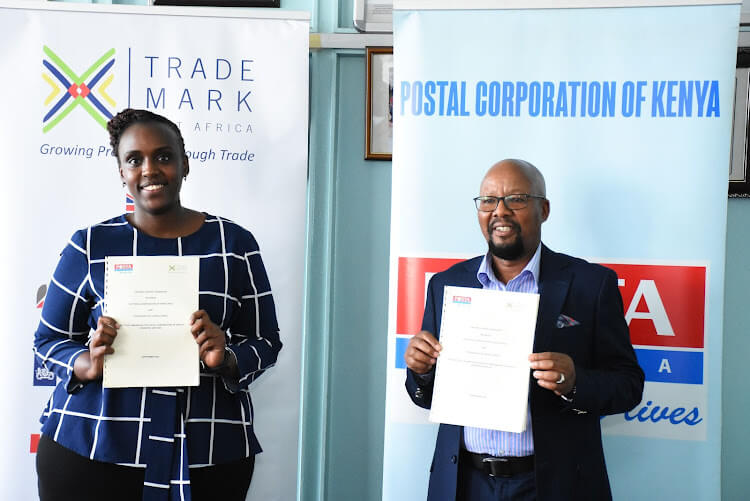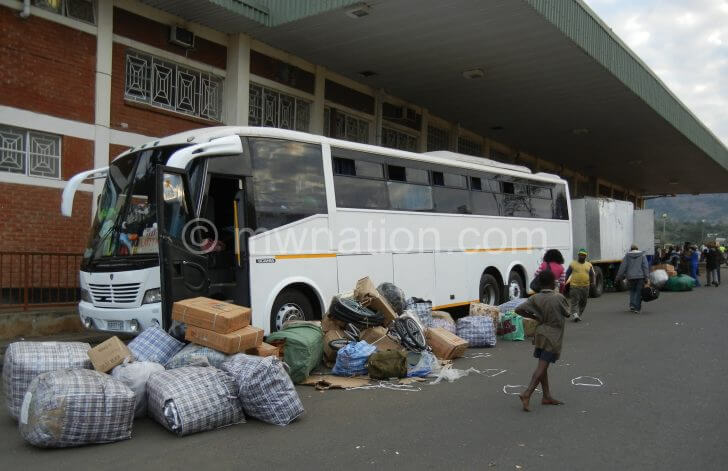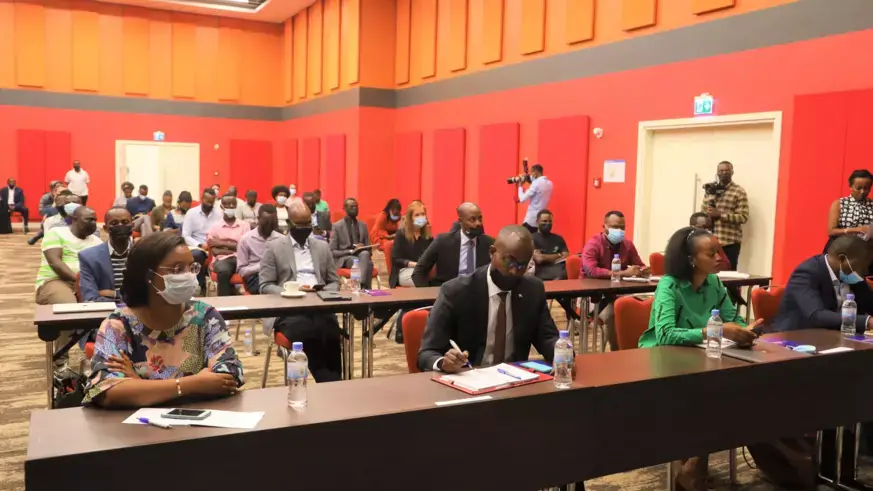Summary The MSMEs contributed about 20 percent of the EA bloc’s Gross Domestic Product (GDP) estimated to be $193 billion Arusha. Mwanza will next month host the 21st edition of the micro, small and medium enterprises (MSMEs) in East Africa. The ten-day event will attract over 1,500 artisans from the six East African Community (EAC) partner states. Preparations for the trade fair, popularly known as Jua Kali/Nguvu Kazi are in high gear. It will be held under the theme ‘Promoting Quality and Innovation to Enhance EAC MSMEs Competitiveness and Post Covid-19 Recovery’. A statement issued yesterday by the EAC here said the exhibition will be held at the Rock City grounds in Mwanza. The 1st EAC MSMEs trade fair was held in Arusha in November, 1999 and coincided with the signing of the EAC Treaty. Thereafter, the EAC Heads of State directed that the exhibitions be held annually on rotational basis among the partner states. This, they said, would enhance and revamp the socio-economic integration of the people of East Africa given their critical role. To participate in the fair, exhibitors from the region have to register with their respective chapters of the Confederation of Micro and Small Enterprises Organisations (CMSEOs). According to available statistics, MSMEs represented nearly 90 percent of the total number of all businesses in the region. They contributed about 20 percent of the bloc’s Gross Domestic Product (GDP) estimated to be $193 billion. The sector also provides millions of jobs to people across the region of...
Mwanza prepare for East Africa’s SMEs exhibitions
Posted on: November 4, 2021
Posted on: November 4, 2021

